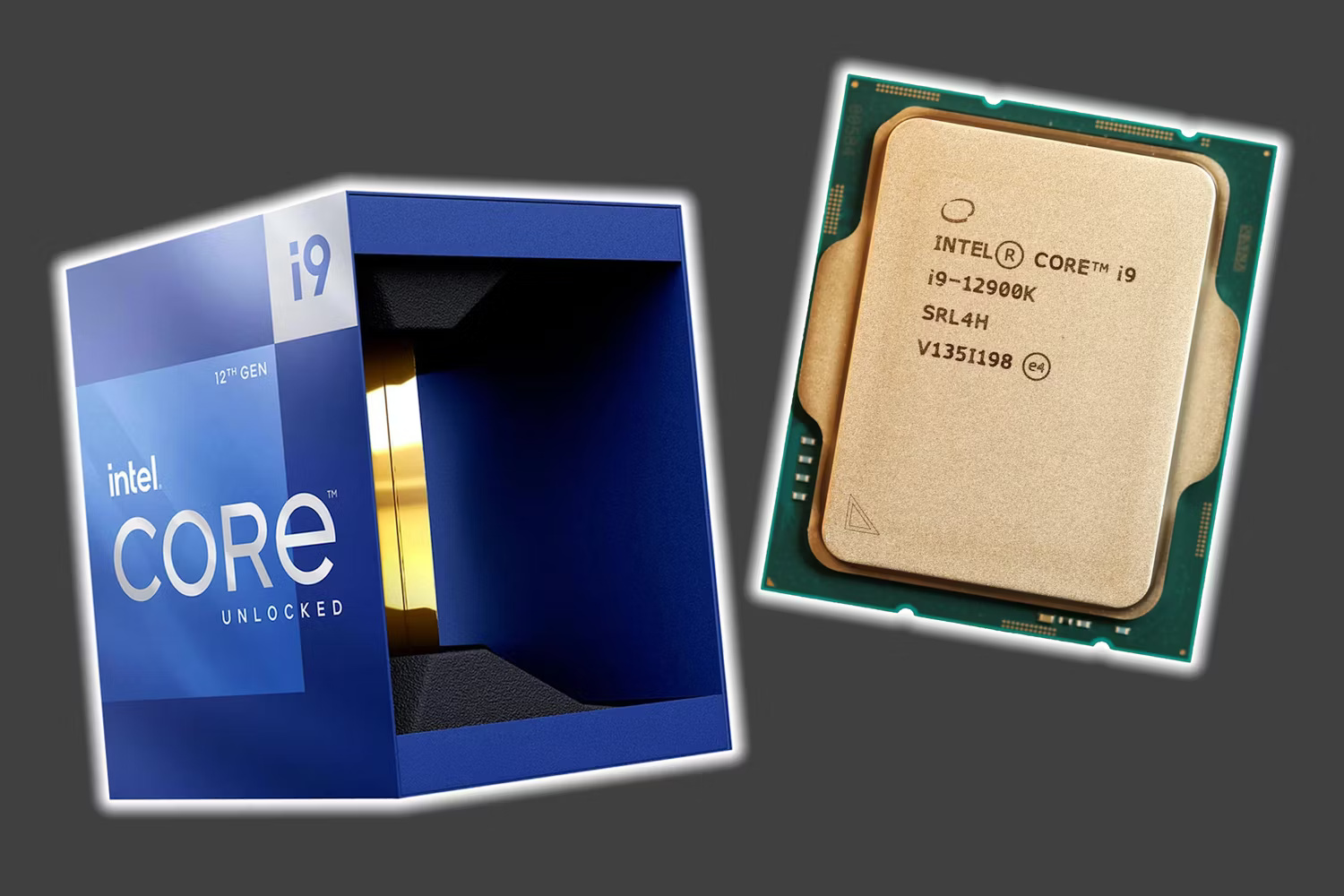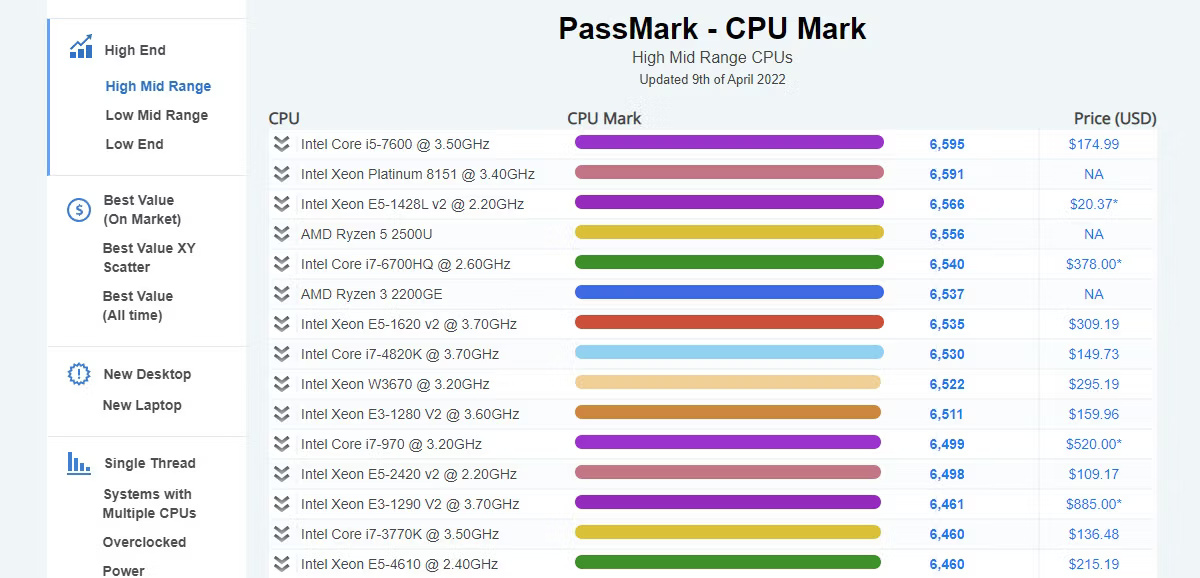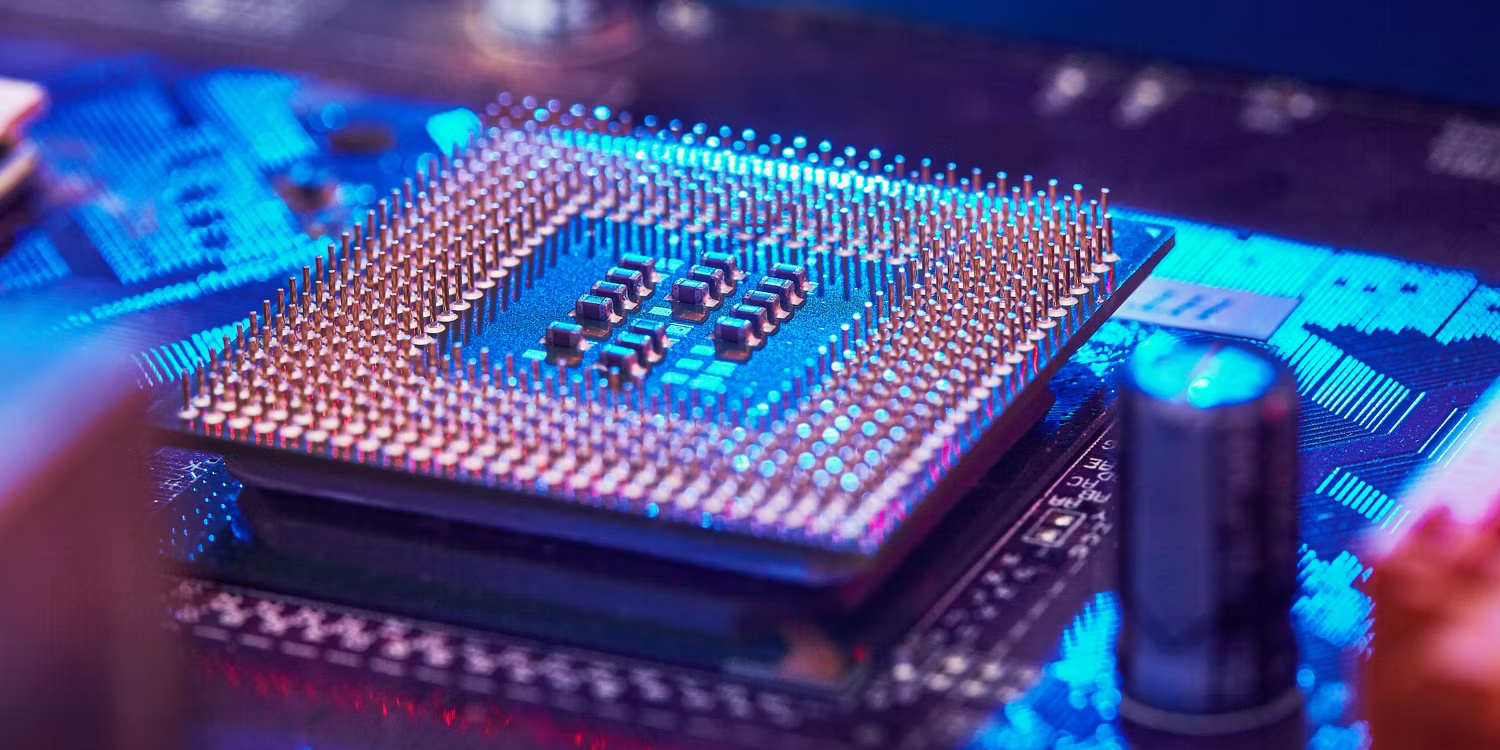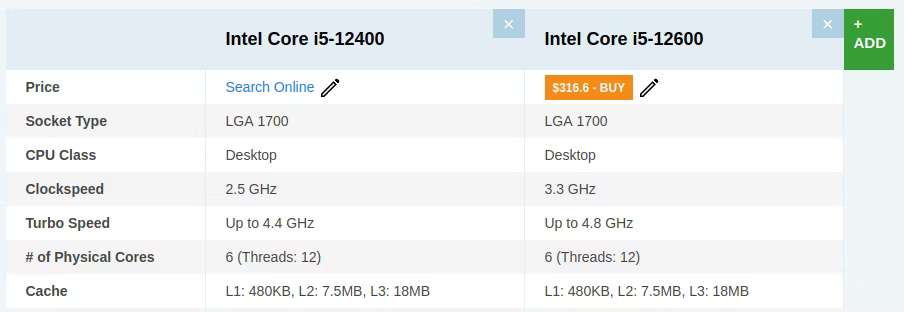How to properly compare different CPUs
Clock speed isn't everything

Clock speed and cores are the most advertised processor specifications. Clock speed is typically measured in hertz (e.g., 3.14GHz), while core count is often advertised as dual-core, quad-core, six-core, or eight-core. But given these two specifications, what makes one CPU better than another?
For a long time, it was simple: Higher clock speeds and more cores meant better speed. Today's processors do not rely as much on clock speed and cores for performance because modern CPUs have several other components that determine how fast they can operate.
In short, the issue is how much computation can be performed when all parts of the CPU come together in one clock cycle. If performing task X takes two clock cycles on CPU A and one clock cycle on CPU B, then CPU B is probably the better processor, even if CPU A has a higher clock rate.
You also shouldn't rely on clock speed and core count as the sole method of comparison. Comparing clock speeds is useful when choosing between CPUs in the same line with the same number of cores, but it's not necessarily useful.
If you're comparing Intel Core i3, Core i5 vs Core i7 processors or Intel Core i5, Core i7 vs Core i9 processors, clock speed and core count don't matter. And if you're comparing Intel vs AMD or AMD A10, AMD A8 vs AMD FX, clock speed alone won't tell you much.

But between two processors in the same family, clock speed is a useful unit of comparison. For example, the Intel Core i5 12400 and 12600 processors have significantly different clock speeds despite having similar specifications.
Test single-threaded performance

It's a little secret in the computer world that even if you buy a processor with four cores, all four of those cores may not be used when running applications. Most software today is still single-threaded, meaning the program is running as a process, and a process can only run on one core.
So even if there are four cores, you won't get the full performance of all four cores for that application. That's why you also need to test the single-thread (or single-core) performance of any processor before buying.
Not all companies publish that information explicitly, so you'll need to rely on third-party data from trustworthy sources like Passmark. With Passmark, you can search for your specific CPU model (through settings) and compare it with other popular CPU models on the market.

You can also add the models you are interested in to the list and compare them with each other. Single-threaded performance ratings are included in the comparison table, so determining which CPU is capable of running applications fastest is simple.
Cache performance is king

Cache is one of the most underrated parts of the CPU. In fact, caches with poor specifications can slow down your PC. So, you should always check your processor's cache parameters before buying.
Cache is essentially RAM for the processor, which means the processor uses the cache to store all the functions it has performed recently. Whenever those functions are requested again, the processor can retrieve the data from the cache instead of executing them a second time, thereby making the processing speed faster.

Ideally, a processor's cache size should be at least 64KB of L1 cache per core, but above 128KB is ideal for gaming or other resource-intensive activities. You can compare CPU cache sizes with the comparison table on Passmark. However, cache size is not as important as other specifications as long as it is above a reasonable minimum, such as the impressive 480KB of the CPUs above.
Integrated graphics

Intel and AMD have combined CPUs and graphics cards into APUs. If you've ever bought or built a gaming-oriented PC, you probably know the difference between an APU, CPU, and GPU, but simply put, an APU saves space by combining the CPU and GPU together. together.
Due to recent technological changes, new processors can now typically meet most people's graphics needs without the need for a separate graphics card. These graphics chipsets also vary in performance depending on the processor. Again, you can't compare AMD with Intel here, and even within-line comparisons can be confusing.
For example, Intel has Intel HD, Intel Iris, and Intel Iris Pro graphics, but not all Iris are better than HD. Meanwhile, AMD's Athlon and FX lines don't have graphics chips but are priced higher than the APU-focused A-Series, so you'll have to buy a graphics card if you have an Athlon or FX processor.
The best way to compare CPUs
All these factors combined make comparing CPUs a difficult task. How to know which one to buy? The easiest and best way is to use Passmark. Passmark is one of the best websites to compare CPU efficiency in just a few minutes. This site explains the differences between processors in a way that any non-techie can understand.
You're not just limited to CPU comparisons: Passmark also has a database of information about video cards, hard drives, RAM, and pre-built PCs. Comparing CPUs on Passmark effectively requires just a few simple steps:
- Search for the CPU you're interested in, then scroll down and click Compare to add it to the list.
- Once you've created your list, click the weighted scale icon in the upper right corner of the screen to access it.
- Compare your CPUs. The main values you should consider are clock speed, core count, single-thread rating, and L1 cache size.
If you want more information beyond what Passmark offers, you might also like AnandTech CPU Benchmark Tool. On AnandTech, you can browse in-depth benchmarks done by one of the best independent hardware review sites and even compare two processors side by side.
Researching the CPU you're interested in can take time. But be careful and don't worry. As you become more confident in comparing CPU benchmarks, finding the best value CPU on the market will become a breeze.
 Instructions for batch compressing images on Batch Image Compressor
Instructions for batch compressing images on Batch Image Compressor 7 Android features added by Apple to iOS 18
7 Android features added by Apple to iOS 18 Difference between NPU and GPU
Difference between NPU and GPU 8 applications are at risk of being killed on iOS 18, iPadOS 18 and macOS Sequoia
8 applications are at risk of being killed on iOS 18, iPadOS 18 and macOS Sequoia Some ways to fix Start Menu error on Windows 10 stops working
Some ways to fix Start Menu error on Windows 10 stops working How much does AppleCare+ cost? Should I use AppleCare+ service?
How much does AppleCare+ cost? Should I use AppleCare+ service?